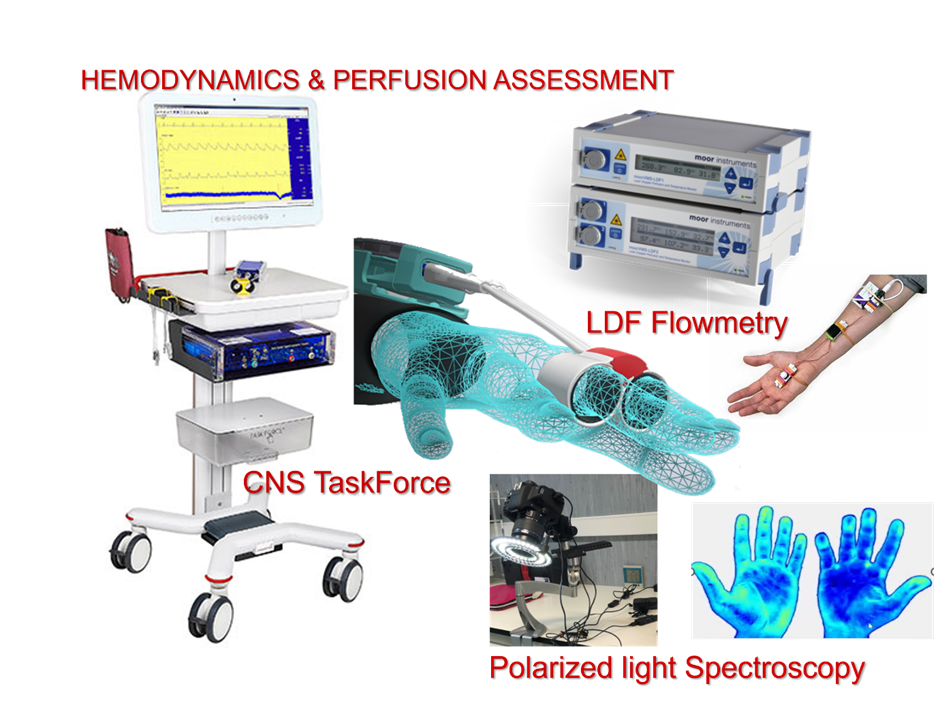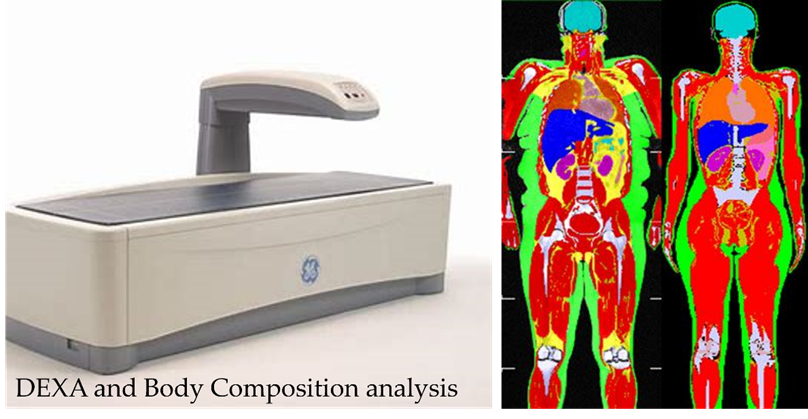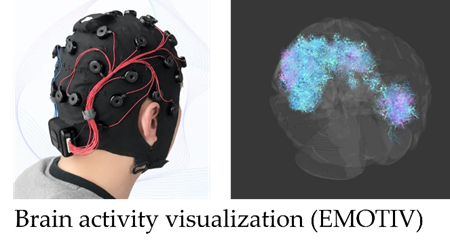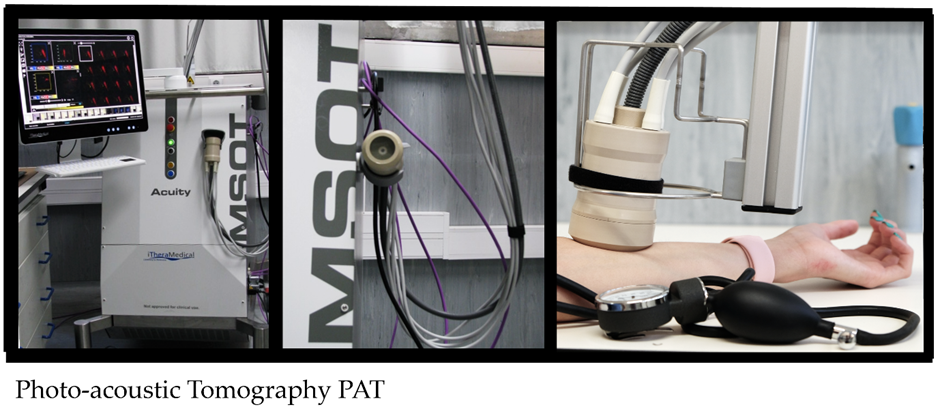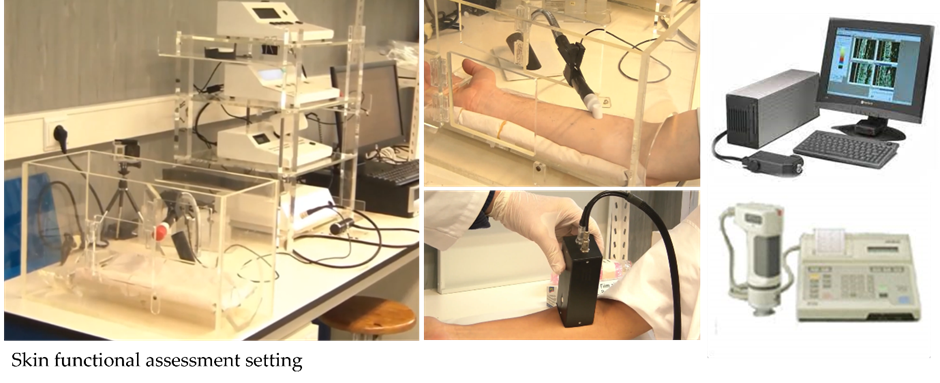Research Labs
Functional Immersion & Biometrics Lab
The Functional Immersion & Biometrics Lab, FIBLab, is the home of functional biometrics exploring human body with multiple non-invasive tools. FIBLab supports multiple CBIOS projects in all domains, from development to the application stages.
FIBLab explores the concept of skin as a “window to health” using the latest generation of non-invasive technologies as comprehensive tools to assess multiple health indicators and functions. Through these, it is possible to look deeper into human body function while developing methods and techniques with clinical interest. The FIBLab also includes the tools and expertise needed for safety and efficacy testing of bioactives, medical devices, and food supplements for human use.
The FIBLab also aims to support a wide range of research projects at CBIOS, from basic research to clinical applications. The FIBLab is home to cutting-edge research production in several scientific domains (cardiovascular, nutrition physiology, experimental dermatology) with substantial impact on health promotion and disease prevention and management.

- Cardiovascular and hemodynamic physiology; Microcirculation adaptive circuits
- Perfusion asymmetries and vascular disease
- Systemic sclerosis mechanisms
- Nutrition physiology, diet and lifestyle, and body composition
- Safety and efficacy of bioactives, medical devices, and food supplements
The FIBLab gathers an extraordinary combination of instruments and devices dedicated to assessing various human functions. These range from skin analysis (cutaneous bioengineering) to electrical brain wave measurement (next-generation EEG EMOTIV system, EMOTIV Corp), advanced hemodynamics (TaskForce CNSystems), microcirculation imaging (optoacoustic tomography by MSOT iThera), and body composition (DEXA from GE).
- BIOLOGÍA DE SISTEMAS, Facultad de Medicina y Ciencias de la Salud, Universidad Alcalá de Henares, Madrid, SPAIN
- Bereich Hautphysiologie, Klinik für Dermatologie und Allergologie Charité Universitätsmedizin – Berlin, GERMANY
- Inserm, U1034, Biologie des Maladies Cardiovasculaires, Pessac, FRANCE
- Dep Physiology Pharmacology, USC Columbia, SC, USA
- Fac Farmácia S Paulo, USP, BRAZIL
- Fac Farmácia, Ribeirão Preto, USP, BRAZIL

